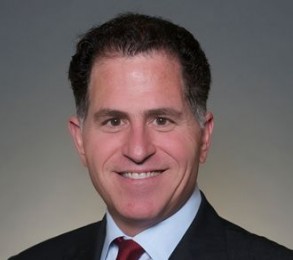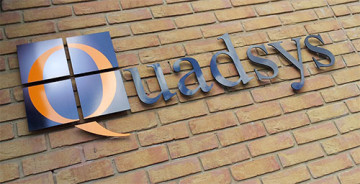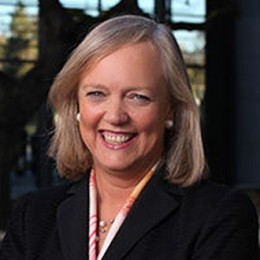Huawei launched its latest Government Cloud Solution to Western Europe in a bid to get its foot in the door for “smart city” construction.
The solution provides a unified framework to integrate private and public clouds into an open-sourced platform. Cloud providers in Western Europe use this solution to drive city administration innovation and meet government customers’ service needs.
When connected to an Internet of Things (IoT) network, the solution is supposed to improve city operation, administration, and maintenance (OAM). With the support of Big Data technology. Huawei claims it enables real-time command, allows intelligent traffic management, and prevents public safety incidents.
Huawei’s Government Cloud Solution exchanges information between government departments and offers public services to residents. Huawei uses its unique advantages in cloud operating system kernel and hardware to provide solution performance and reliability which “open-sourced versions can never have”.
The solution decouples applications from data, permitting multiple departments to share updated data in real time. This laid a foundation for smart government applications, such as unified planning, proactive protection, real-time command, precise operation, and collaborative administration innovation.
Huawei is committed to providing innovative ICT platform for government customers and promoting the construction of service-oriented governments. Governments and government cloud service providers need stable, collaborative, innovative cloud and Big Data platforms. In the future, these platforms will gradually integrate IT technology with city operating experience.
Government clouds will not only bear government departments’ internal ICT services, but also support digital services of the whole smart city.




















